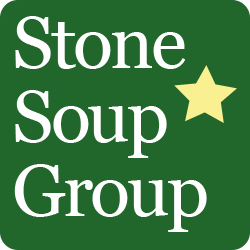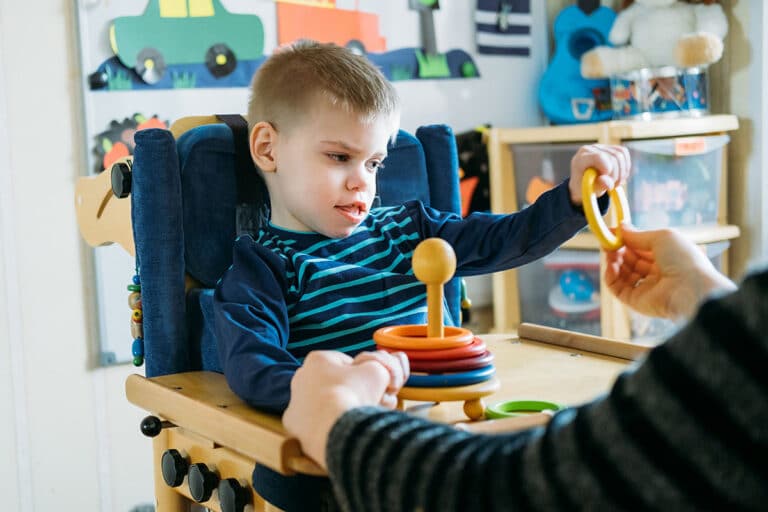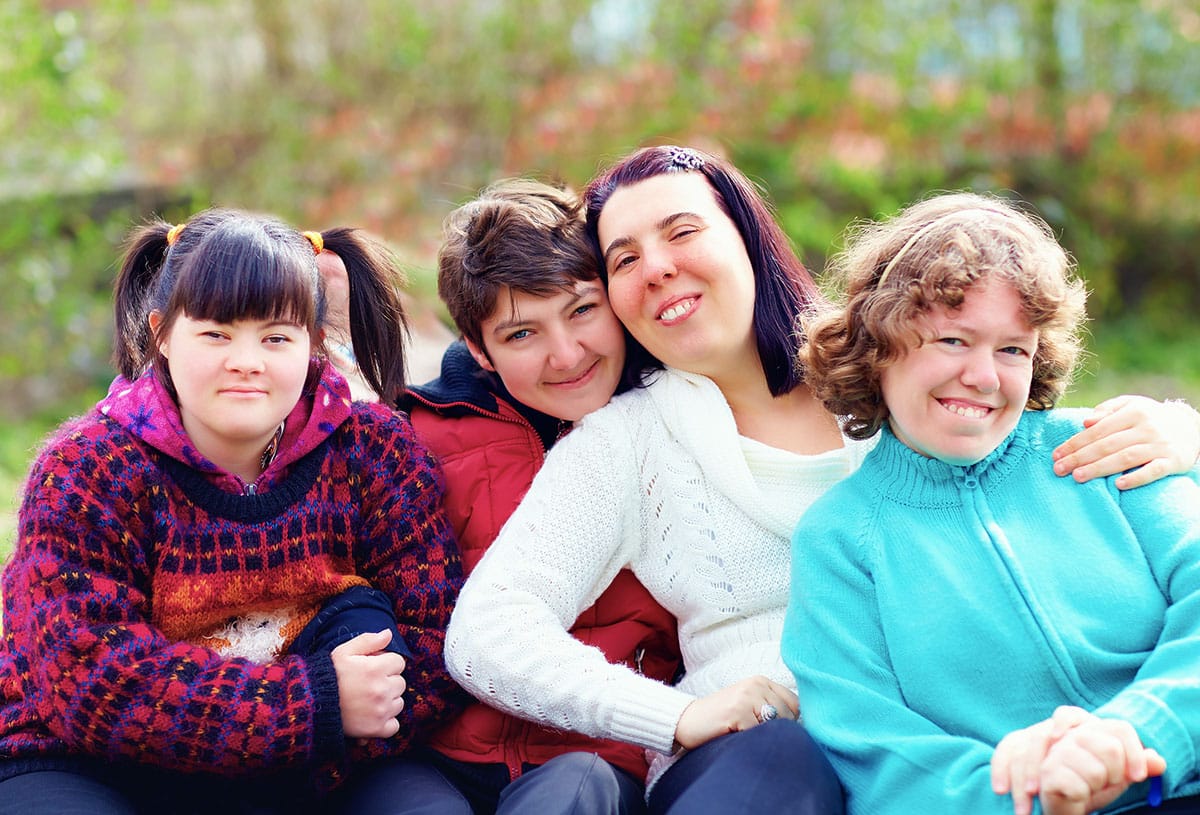Resources for parents to provide their children with opportunities to explore and learn.
Some infants and children need help in developing those play skills that allow them to explore and experience their world. Therapists trained in pediatrics are experts at working with infants and children. Sometimes different pediatric therapists will work with your child on the same developmental skills.
For example, the Occupational Therapist and the Speech & Language Therapist might both work with a child on feeding and swallowing. You have the choice of tailoring the amounts of therapy and choosing which therapists best suit your child’s and family’s needs. A variety of public & private therapy programs are available throughout Alaska. You may be surprised to hear that play is a big part of child development!
Early Intervention Program & Infant Learning Program (ILP)
Early Intervention (EI) and the Infant Learning Program (ILP) are two of the names for the same thing. These programs are for children from birth to age three.
The program can assist you by providing information and support that promotes your child’s development. Federal law (Individuals with Disabilities Education Act or IDEA) ensures programs exist for children birth to three when screening reveals an eligible delay. You create an Individualized Family Service Plan (IFSP). Activities, therapies, parent education, resources and transition planning may be part of your child’s IFSP. Services take place in your home or a community-based setting like a playgroup at the ILP center. There are also specialized services for children with vision and/or hearing loss. When your child begins receiving services, keep your primary doctor informed and “in the loop”.
State of Alaska Early Intervention Program
Anchorage 269-3460
Healthy Alaskans Hotline
Toll free 1-800-478-2221
Early Childhood Education
Early Childhood Educators are an important part of early intervention and preschool services. They have been trained in child development and help teach skills that will help your child’s development. These professionals are qualified to assess each area of development for your child. They often work directly with families. An Early Childhood Educator can be a resource for the whole family at times. Early Childhood Educators may be housed in ILPs and other early intervention settings.
Head Start / Early Head Start Program
Head Start is a national program that provides comprehensive child development, nutrition, health, and family support services for children three to five years old. There are eligibility limits, but when a Head Start program has room, they can admit additional children. They may provide transportation.
In some Alaskan communities, Early Head Start can provide the Early Intervention Program for your child from birth to three years of age. There are Head Start Programs all across Alaska; some are administered by Alaska Native non-profit corporations.
You can find providers by doing a local online search or call your Native Association and ask for Health and Education Services.
Child Find / Child Check
If you have questions about your child growing and learning, there are screening programs that can check your child’s speech, thinking and moving skills and offer special help if it is needed.
CHILD FIND is the screening program for young children birth up to three years old. It is usually sponsored by your local Early Intervention Program.
CHILD CHECK is for children from three to five years old, which is usually sponsored by your local school district.
You can have your child’s development screened at no charge by contacting the program in your community. Your local Head Start program may also have information about screenings for children from birth to five.
Public Preschool Special Education
Children three to five years old with special needs or a developmental delay may qualify for public preschool special education. Parents and teachers, along with related service providers, plan and carry out an Individualized Education Plan (IEP). Transportation may be provided to the preschool site. For information call your local school district Education office. Connect here to see an overview of the special education process via video.
Alaska School for Deaf & Hard of Hearing Students (AKSD)
This school serves Alaskan children who are deaf or hard of hearing. The program is centralized in Anchorage and serves the state as a resource for deaf education. The school uses a total communication approach for most classes to ensure the curriculum content is accessible to all students. There is a wide variety of regular and special education to supplement core classes. When appropriate, residential housing is provided. The Alaska Early Intervention Hearing Resource provides services to the families of infants and toddlers statewide.
AK School for the Deaf and Hard of Hearing: 787-3028.
Pediatric Speech & Language Pathologist (SLP)
Speech and Language Pathologists are therapists who evaluate speech and language delays very early in a child’s life. Delays in communication can be frustrating, so an early start in therapy can make a difference. While SLPs are not going to teach your baby to say big words, they can help him or her learn to form new sounds. They teach children with speech difficulties to annunciate clearly. You may also learn other ways to communicate such as gestures, picture boards or a touch talker depending on your child’s needs. Keep in mind that not all children develop skills according to set time lines, and your patience is often rewarded.
Speech and Language Pathologists are part of the Early Intervention/Infant Learning Program. They are available in private practice and in other medical settings as with PTs and OTs.
If you are looking for a local specialist or therapist you can check our find a provider tool online.
Pediatric Occupational Therapist (OT)
Occupational Therapists focus on improving self-help skills. An example would be helping your child grasp and release toys, a first step in exploring. Perhaps the OT will show you ways to support and position your child so that he or she can best view their world. Some of the new skills that you learn to help your child will soon become second nature. Therapists will share loads of ideas about treatment, adaptations and resources. There is no shortage of good ideas, so you can take your time and do what is most comfortable for your family.
Pediatric OTs are also part of the Early Intervention/Infant Learning Program. Make sure these appointments fit into your family life/schedule when you set them up. Private practices can be found through a general online search, our find a provider tool or by asking a health care professional or other parent for referrals. Some hospital therapy units or private rehabilitation medical practices have OTs on their staff.
Pediatric Physical Therapist (PT)
Physical Therapists are trained to help your child develop or improve balance and movement, especially the large muscle groups used for crawling, climbing and rolling (gross motor skills). Physical Therapists use tools like big therapy balls, floor mats, bolsters, swings and toys.
They encourage pretend play, which is also a developmental skill. Your child benefits when you use these movements and techniques at home in the course of your day. Physical Therapy is part of the Early Intervention/Infant Learning Program. If you want to enhance your current program, or are on a wait list, you can ask the professional you are in contact with for a referral to a private PT who has experience with young children. PTs are available through hospital therapy units or private rehabilitation medical practices. You can also search our find a provider database.
Assistive Technology
There are programs in Alaska that offer education, equipment lending libraries and information on funding for assistive technology. These programs are available to assist you in making playthings, recreational and educational items. You may become a real pro at adapting toys and books by using Velcro or magnets to make them easier for your child to use. For more information on local programs, call one of the following agencies.
ASSISTIVE TECHNOLOGY LIBRARY OF ALASKA (ATLA) can help with communication devices, computer modifications, adapted toys and switches, seating and mobility, positioning, play, recreational equipment and resource materials. This non-profit agency lets you try out equipment before you buy it.
- Anchorage 563-2599
- Toll Free 1-800-723-2852
- Fax 563-0699
ALASKA STATE LIBRARY TALKING BOOK CENTER provides tape players and books on tapes as well as Braille materials to eligible persons free of charge. Materials are sent to you in postage free containers, which you return through the mail, a very convenient way to access this technology.
- Anchorage 269-6575, collect calls accepted
SPECIAL EDUCATION SERVICE AGENCY (SESA) provides education specialists to school districts that are remote or have low student enrollments. The specialists at SESA have training and experience working with students with special needs. Assistive Technology Services at SESA can provide consultation, assessments, device loans and training. Referrals are made through the student’s IEP.
- Anchorage 562-7372
- Fax 562-0545
- TDD 563-8284
Child Care Services
Resource and referral agencies can help you find child care. They offer training for caregivers and promote inclusion of children with special needs in a variety of child care settings. There is one statewide organization thread and separate are resource and referral agencies in Fairbanks, Anchorage and in Juneau.
Northern Region:
Inside North Star Borough Center for Employment and Child Care Resources: 459-1439
Southeast Region:
National Association for the Education of Young
Children/Southeast Alaska: 789-1235
Toll free 1-888-785-1235
Southcentral Region:
thread: 563-1966
Toll free 1-800-278-3723
Northern Region:
Outside North Star Borough:479-2214
Toll free 1-888-878-2273









